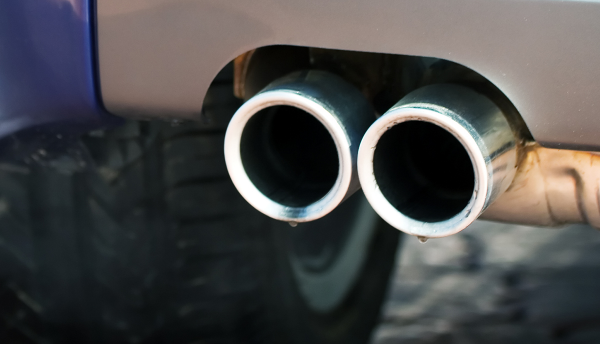
The UK Government's Transport Select Committee has called for an inquiry into the vehicle emissions type approval process in the country after the Volkswagen (VW) Group admitted that there were discrepancies in emissions results for some vehicles, reports The Telegraph Online. Louise Ellman, chairperson of the committee said, "The VW scandal has raised serious concerns about whether vehicle type approval testing is fit for purpose... We heard evidence that the gap between emissions detected in test conditions and those detected in the real world is significant. The procedure is clearly inadequate." The committee is now asking for evidence on a range of points including the effectiveness of the current controls; the gap between real-world emissions and those achieved under test conditions; talks about introducing a global standard that reflects real-world driving conditions; and whether the range of the tests is wide enough and whether they reflect technological advances.
Significance: This is the latest question raised about the testing procedure in Europe in the wake of the VW situation. Of particular note is the difference between emissions in laboratory conditions versus those recorded on the road. This is particularly the case under the New European Driving Cycle (NEDC) testing regime compared to the eventually introduced World Light Vehicles Test Procedure (WLTP). At the moment, automakers can tweak vehicles to be optimised under the NEDC, although this ability will be moot under the Real Driving Emission (RDE) on the road test. Even so, there is intended to be some flexibility in the results, although it remains to be seen how much after a recent vote. Nevertheless, with various local bodies currently undertaking testing of these vehicles, there is a growing push for this to be undertaken under a European Commission-held umbrella organisation to prevent the opportunities for discrepancies coming up. However, even if the idea does gain traction, the processes required by the European legislative body and various vested interests at national level and lobbying groups could mean it takes several years to bring in.








